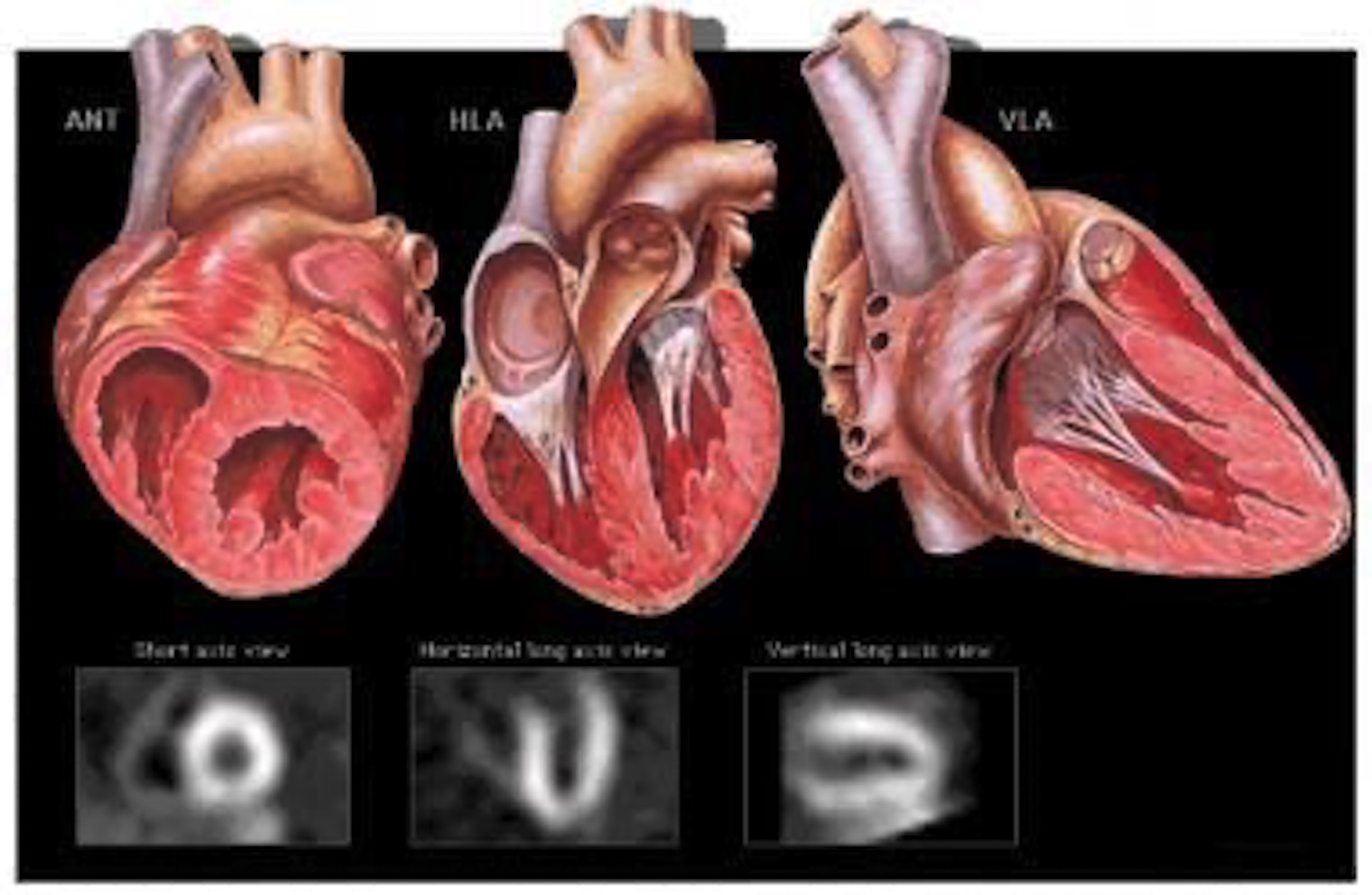Nuclear Medicine and Heart Health: A Comprehensive Overview
Introduction
Nuclear medicine has revolutionized the way medical professionals diagnose, manage, and treat various diseases. One area where this technology has shown immense promise is in the realm of heart health. This blog post aims to explore the applications, benefits, and limitations of using nuclear medicine for cardiovascular care.
Applications in Heart Health
Diagnostics
Myocardial Perfusion Imaging: This imaging test measures blood flow to the heart muscle. It is particularly useful in identifying regions of reduced blood flow which can indicate conditions like angina or heart attacks.
Radionuclide Angiography: Used to evaluate heart function, this test is invaluable for diagnosing heart failure or arrhythmias.
Treatment Planning
Nuclear medicine can also assist in planning treatments like angioplasty or heart surgery by providing a detailed analysis of heart function and blood flow.
Benefits
Early Detection: One of the greatest advantages is the ability for early identification of cardiovascular issues, often before symptoms manifest.
Precision: The high resolution of these imaging techniques ensures a more accurate diagnosis.
Non-Invasive: Many nuclear medicine procedures are minimally invasive, reducing risks and recovery time for patients.
Limitations
Cost: These procedures can be expensive and may not be available in all healthcare facilities.
Radiation Exposure: Though generally considered safe, there is some exposure to radiation.
Conclusion
Nuclear medicine offers a nuanced approach to diagnosing and managing heart-related issues. While it comes with limitations such as cost and radiation exposure, its advantages in early detection and precision make it an invaluable tool in the toolbox of cardiovascular care. With ongoing research, the role of nuclear medicine in heart health is set to expand, promising better outcomes for patients globally.

